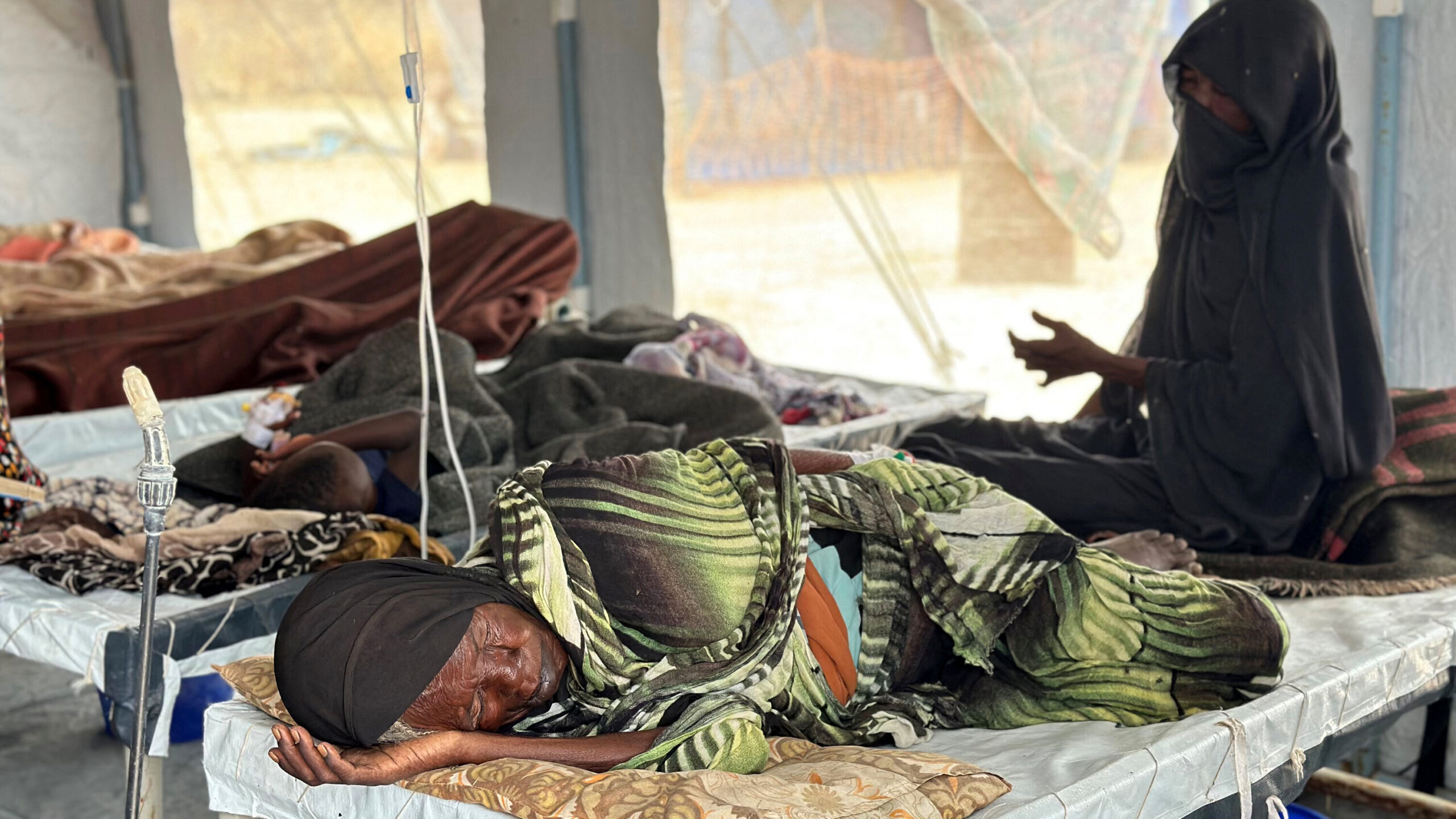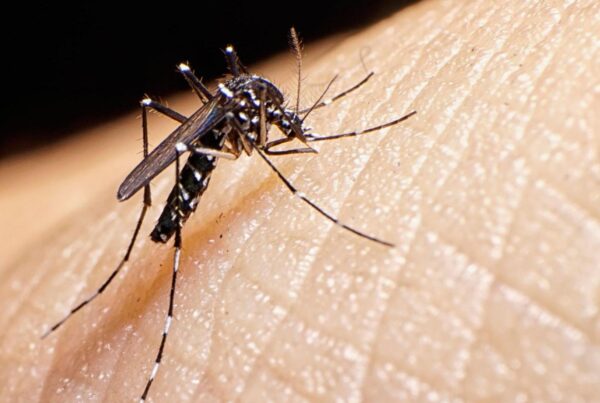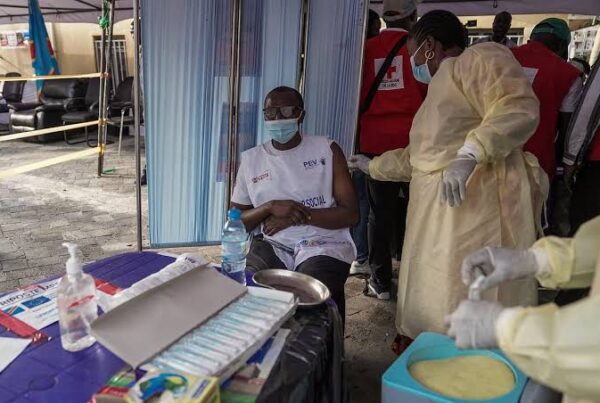Sudan is facing one of its most severe health crises in recent years. A cholera outbreak sweeping across the Darfur region has claimed more than 40 lives in just one week. Health facilities are overwhelmed, while thousands of refugees fleeing conflict are living in poor sanitation conditions and relying on contaminated water sources. The humanitarian organization Médecins Sans Frontières (MSF) has described the situation as “beyond urgent” as the risk of disease spread grows by the day.
Alarming Scale of the Outbreak
Latest data shows that since the outbreak was declared in July 2024, nearly 99,700 suspected cholera cases and more than 2,470 deaths have been recorded across Sudan. These numbers continue to rise amid severely limited access to clean water and healthcare. The worst-hit area is North Darfur, where overcrowded refugee camps have accelerated the transmission of Vibrio cholerae.
This emergency is worsened by the prolonged civil war between Sudan’s military and the paramilitary Rapid Support Forces (RSF). The conflict has destroyed healthcare infrastructure, disrupted aid delivery, and forced people into overcrowded camps.
Clean Water and Sanitation Crisis
Safe drinking water has become a scarce resource in refugee camps. Many families are forced to consume water from contaminated wells, with reports of wells containing human remains. The World Health Organization (WHO) recommends a minimum of 7.5 liters of water per person per day, yet residents in North Darfur receive only about 3 liters.
This lack of clean water makes cholera prevention extremely difficult. The waterborne disease causes acute diarrhea and severe dehydration, which can be fatal without prompt treatment.
Collapsing Health Facilities
Tawila Hospital, designed to treat about 130 patients, is currently handling more than 400 cholera cases. Many patients are being treated in corridors or on hospital floors. MSF reported treating over 2,300 cholera patients in Darfur in just one week.
To cope with the surge, MSF has opened a cholera treatment center with 160 beds, planning to expand it to 200. However, even this increased capacity falls far short of meeting the needs in a rapidly escalating crisis.
Response Efforts
MSF, in coordination with WHO, is preparing to distribute 400,000 doses of cholera vaccine as a preventive measure. The vaccination campaign is part of a broader emergency response that also includes distributing oral rehydration salts (ORS), building temporary sanitation facilities, and providing clean water.
Humanitarian organizations are also urging authorities to open safe corridors for aid delivery to affected areas. Without secure access, response efforts will be unable to contain the outbreak.
Widening Humanitarian Impact
This crisis is not only a health emergency but also a broader humanitarian disaster. Children and the elderly are the most vulnerable, with many families losing loved ones within hours of symptom onset. With Sudan’s healthcare system on the verge of collapse, international aid has become the only hope for many communities.
For the global community, Sudan’s cholera outbreak is a reminder that armed conflict and the breakdown of healthcare infrastructure can trigger massive public health emergencies. Every day without action means more lives lost.
The immediate focus is on halting the disease’s spread, restoring access to clean water, and reviving basic healthcare services. This crisis underscores that even in times of war, public health must remain a priority. The cholera outbreak in Sudan is a global warning that disease can be as deadly as armed conflict.




